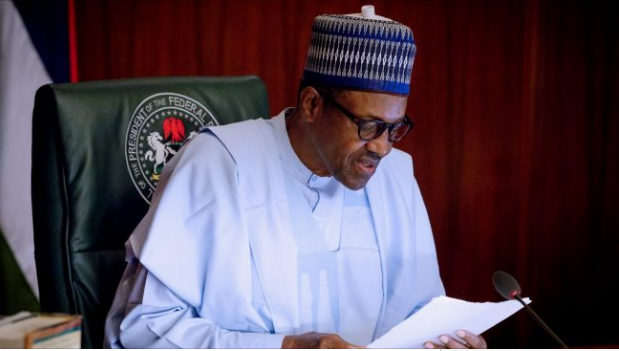
Citing errors in the Electoral Act Amendment Bill and closeness to the elections, the President for the 4th time in less than 12 months declined assent to the Electoral Act Amendment Bill passed by the National Assembly. In a letter to both the Senate and the Speaker of the House of Representatives, President Muhammadu Buhari claimed that he was declining assent to the Bill principally because he is concerned that passing a new Electoral Bill this far into the electoral process for the 2019 general elections, which commenced under the 2015 Electoral Act could create some uncertainty about the applicable legislation to govern the process. He went further to say that any real or apparent change to the rules this close to the elections may provide an opportunity for disruption and confusion in respect of which law governs the electoral process. In addition to this apparent reference to the ECOWAS protocol on elections and good governance, the President cited drafting concerns. According to him, “Section 5 of the Bill, amending section 18 of the Principal Act should indicate the subsection to which the substitution of the figure ‘30’ for the figure ‘60’ is to be effected”. He also cited section 11 of the Bill seeking to amend section 36 as wrongly placed. He further referred to section 24 of the Bill seeking to amend section 85(1) asking that it be redrafted in full, as the introduction of the word “electing” to the sentence may mean that political parties may be confused on the provisions regarding merger. His last observation was in the definition clause, which he said created confusion as to the meaning of the term “Ward Collection Officer”, as well as the meaning of the term, “Registration Area Collation Officer”. While some of the provisions that the President complained about could, if stretched create confusion, there is no doubt that proposing minor legislative amendments or leaving these so called lapses to INEC’s use of guidelines or even judicial interpretation using well known legal principles of interpretation could easily address the problems identified by the President.
